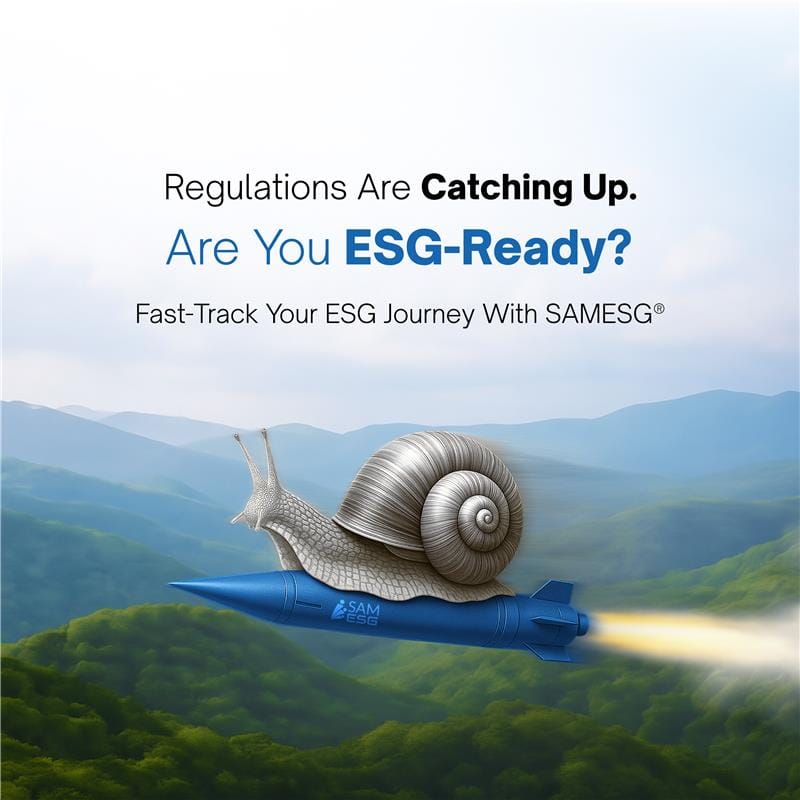Sustainability is more than just a catchphrase in today’s corporate...

Latest News & Updates
Think Beyond Today. Invest in a Sustainable Tomorrow with SAMESG® Reporting



The Global Reporting Initiative (GRI) has announced the release of its highly anticipated Textiles and Apparel Sector Standard exposure draft. This new standard aims to significantly enhance how companies across the textile, apparel, footwear, and jewelry industries report on their most critical sustainability impacts, particularly in areas concerning human rights and the environment.
Developed by the Global Sustainability Standards Board (GSSB), GRI Standards are globally recognized for enabling consistent and transparent sustainability reporting. This new sector-specific standard is part of GRI’s strategic initiative to develop standards for 40 high-impact sectors, following previous releases for oil and gas, coal, agriculture, and mining. The textile and apparel sector was prioritized due to its inherent complexities, fragmented global supply chain, and considerable exposure to negative impacts on labor, human rights, and greenhouse gas emissions.
Key Areas of Focus: The new draft standard identifies 18 topics that are “likely material” for most organizations in this sector, representing their most significant impacts on the economy, environment, and people. Companies reporting under this standard would be expected to disclose information on these topics or provide a clear explanation if a topic is deemed not material to their specific business.
These likely material topics include a wide range of critical issues:
The standard aims to enhance accountability and transparency for their environmental, social, and economic impacts, fostering more responsible business practices throughout the supply chain.
Next Steps and Public Consultation: The draft standard was meticulously developed by a 21-member working group comprising diverse representatives from business, civil society, investment, and labor organizations. It is now open for a crucial public comment period until September 28, 2025, allowing stakeholders worldwide to provide feedback. The final standard is anticipated to be released in Q2 2026.
The introduction of the GRI Textiles and Apparel Sector Standard marks a pivotal moment for companies operating in these industries:
This new GRI standard underscores the growing imperative for the textile and apparel sector to move towards greater accountability and transparency, driving a more ethical and sustainable industry from fiber to fashion.
Read the latest insights, case studies, and white papers from our FinTech experts.